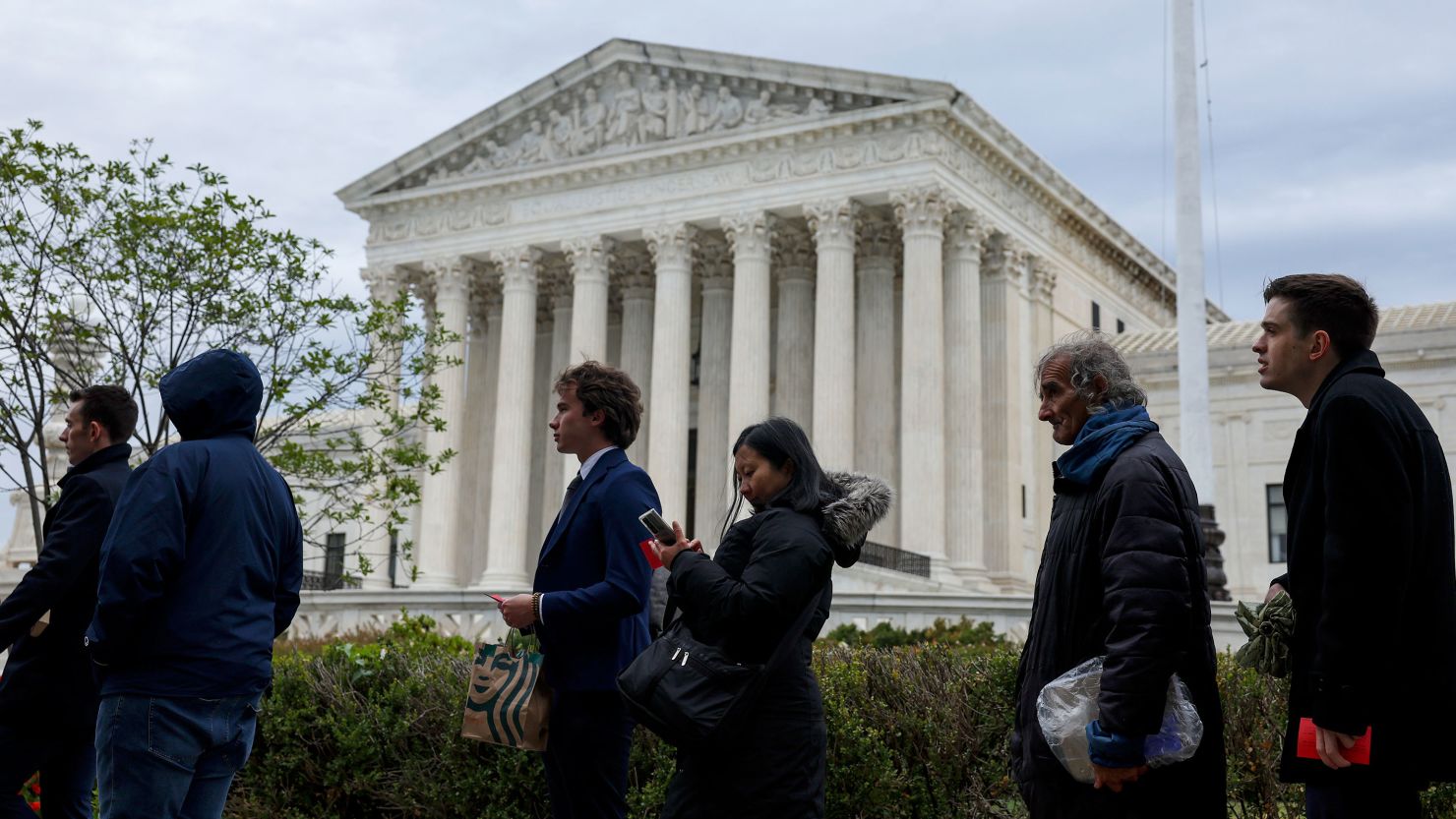
The Supreme Court has declined to reconsider its landmark First Amendment ruling in New York Times v. Sullivan, a decision that established the “actual malice” standard for public figures in defamation lawsuits. This ruling, dating back to 1964, has been crucial in protecting the media from costly libel suits by requiring public figures to prove that defamatory statements were made with “actual malice”—with knowledge of their falsity or with reckless disregard for the truth.
While the decision has been a cornerstone of U.S. media law for decades, it has faced increasing criticism, particularly from conservative figures like Justice Clarence Thomas. On Tuesday, Thomas reiterated his stance that the court should revisit Sullivan in a future case, arguing that the decision was “flawed” and has allowed the media to avoid responsibility for defamatory statements. In his brief, Thomas noted that the case before the court, Don Blankenship v. NBC Universal, was not suitable for revisiting Sullivan, but he signaled his ongoing desire to address the issue in an “appropriate case.”
The case involved Don Blankenship, a former coal executive, who sued media outlets for defamation after they mistakenly reported that he was a convicted felon. The media outlets argued that the errors were made without “actual malice,” and the lower courts ruled in their favor. Blankenship’s legal team argued that the actual malice standard posed a danger to democracy, manipulating elections and inciting unrest. They urged the court to overturn Sullivan, claiming that the ruling grants the press a “license” to publish falsehoods.
In contrast, attorneys representing the media outlets defended the Sullivan standard, emphasizing its role in protecting freedom of speech and allowing for the “breathing space” needed for public debate. They argued that honest mistakes should not be subject to defamation claims, even if the statements are false.
Justice Thomas has previously criticized Sullivan in several dissents, most notably in 2022, when he argued that the decision has allowed media organizations to make false statements about public figures with little consequence. In 2021, Justice Neil Gorsuch also questioned the decision, suggesting that it has led to more people being denied legal recourse than anticipated.
For now, the Supreme Court’s refusal to revisit New York Times v. Sullivan stands, continuing to uphold the standard that has protected free speech and the press for nearly six decades.